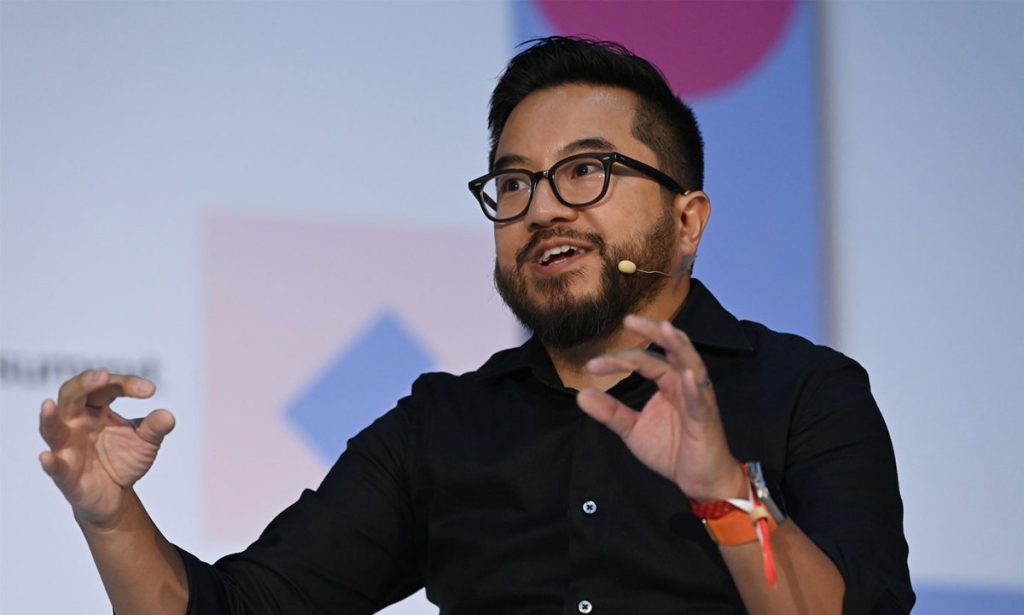The investor and accelerator of fabulous startups y combinator have some words chosen for Google in a Brief of Amicus just sent in the monopolistic case of the United States against the research giant.
In the Brief, YC charged that Google is a “single -line” who “struggled” the American startup ecosystem, making VC companies as if they were hesitated to finance web research and artificial intelligence startups in what calls a “killing area” around Google.
“Google cooled independent companies such as YC from the financing and acceleration of innovative startups that otherwise could have challenged the Google domain,” Yc wrote in the deposit. “The result is a landscape that has been artificially and stagnant.”
YC’s brief says that he is currently trying to finance startups by developing artificial intelligence tools based on questions and agents who could transform the way people interact with internet information. But YC says that there is a “clear risk” that Google will use its monopoly power to slow down the future of those markets.
“Google has actually frozen the search and text advertising markets for over a decade,” Yc wrote.
The Brief, filed on May 9, was identified on X by VC Sheel Mohnot, the general partner of Better Tomorrow Ventures and a prolific social media poster.
But YC does not ask Google an immediate break, since his CEO Garry Tan clarified in an answer to Mohnot.
Rather, YC is arguing that Google should curb the practices it considers anti -concurrence, such as paying billions of Apple dollars to make Google the predefined search engine of the iPhone. He also wants Google to do the things they claim that they would help startups, such as the opening of Google’s research index so that others can train LLM on it.
For the perspective, Google’s research algorithms have been his secrets highly appreciated since its beginning. In order for YC to ask the government to force Google to open it to competitive LLMs is almost like asking the government to make Microsoft Windows Open Source or force Amazon to freely deliver packages for competitors.
If Google does not implement these changes within a period of five years, then YC claims that the government force Google to give or run parts of itself. Yc Tan CEO characterized this idea in a post X as a threat of “pierpy -off hammer”. He also published that “We Love Google” but he wants “Little Tech” to be successful also in a separate thread X.
To recapitulate, GOOGLE last year lost a huge antitrust case for its domain of the research market. While Google appeals to the decision, the United States government is reflecting potential punishments (“remedies”) that Google could be required to implement, such as Chrome’s rotation. These remedies should be delivered by August 2025.
YC’s position could be a surprise for those who followed his latest partnerships with Google: in particular Google Cloud gave YC startups access to a dedicated Nvidia GPU cluster last year. Larry Page, Google’s co-founder, also made a rare appearance of person to speak to a YC event in December.
Google also acquired at least two startups supported YC: Flutter in 2014 and Fridge in 2011. He also invested in YC Startup Infisical through his gradient fund in 2023.
However, YC is also closely linked to Openi, who is now directly in competition against Google during research. Sam Altman, CEO of Openi, managed YC, while Openai was the first group affiliated to YC Research.
This is something that Mohnot indicated on X, writing that the greatest beneficiary of the remedies proposed by YC, by far, would be open, rather than famous startups in the initial phase of YC, while commenting that the short “paint Google as more powerful than”.
Techcrunch asked YC how he would have responded to this criticism and if he has specific examples of areas that he would probably have financed if it hadn’t been for Google. So far, YC has not responded to our commentary request.
Google did not respond to a request for comment on YC’s brief amicus. However, he supported in a blog post last year that the Doj proposals are “radical and radical” and would damage consumers, business and developers.



